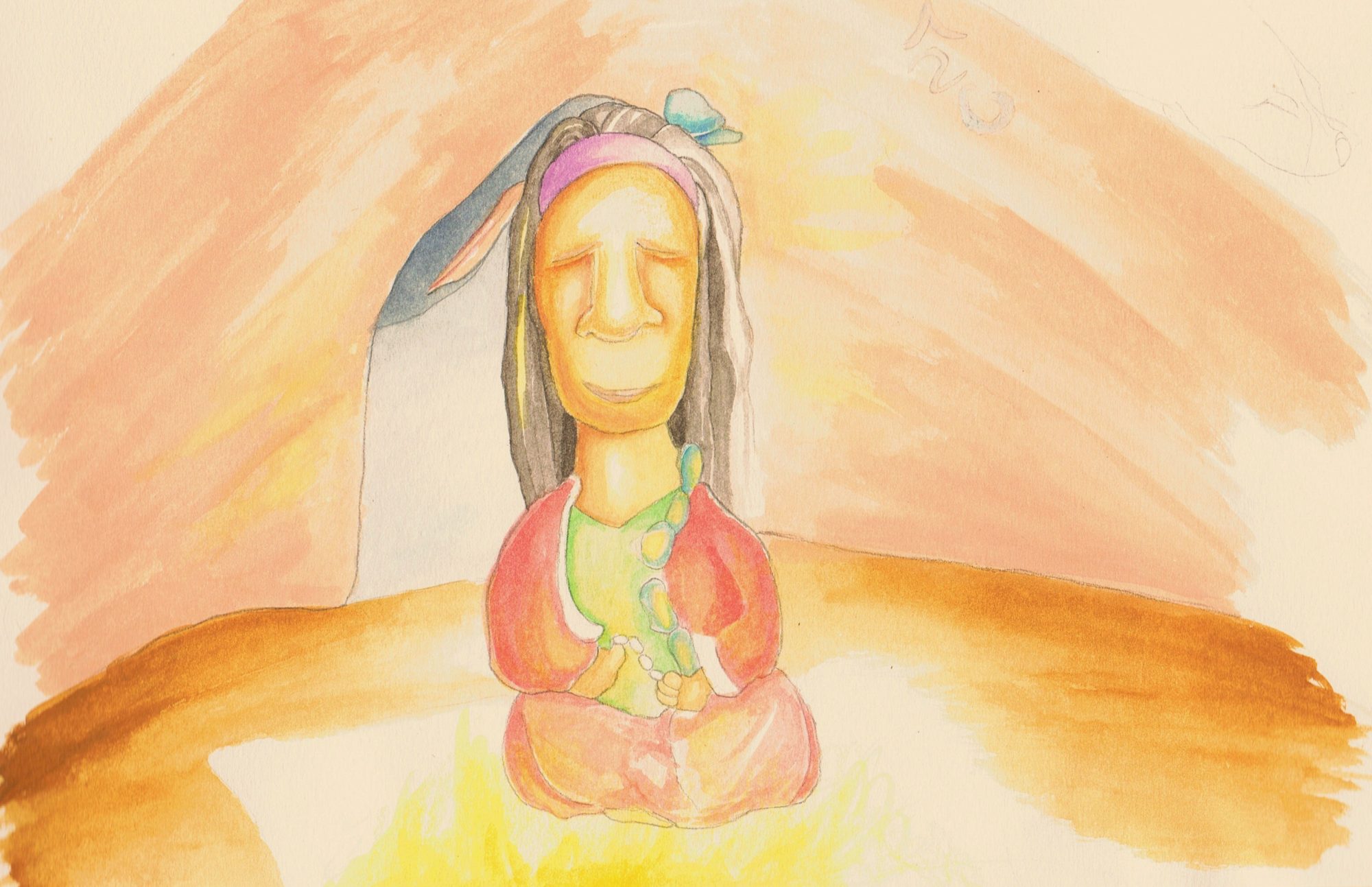The Challenge that dementia presents is one of staying independent. When the challenge of dementia is seen as one of dependence, the challenge is lost. The challenge is to retain independence, not to maintain a dependency.
Dependence is an attachment between patient & carer. The patient is attached to the carer for what they need emotionally as well as physically. In everyday life it is normal to form an attachment to whoever meets our emotional needs.
Dementia changes a normal relationship of caring for a person emotionally to taking care of their physical needs. Taking care of a person’s physical needs, when they are lost, confused & frustrated, takes a lot of emotional energy. It is very emotionally draining, unless the carer has the ability to detach emotionally from the drama of the patient.
Life is a challenge that we fail when we run out of emotional energy. When the patient runs out of emotional energy, dementia has defeated them. When the carer runs out of emotional energy, the patient has defeated them. When looking after the needs of the patient becomes a battle, the carer must learn how to detach from the drama without disconnecting emotionally from the patient.
Disconnecting from the patient emotionally is being insensitive. Detachment with the patient requires sensitivity. When the emotional drama becomes intense, the carer may have no option but to disconnect emotionally in order to maintain control. When the situation becomes too insensitive or too unemotional, an emotional reaction becomes inevitable as one or both parties have stopped caring. The emotional balance between the patient & the carer becomes unbalanced & upset. The carer becomes emotionally upset, which upsets the patient emotionally.
The effect of the carer becoming insensitive or unattached emotionally from the patient causes a great challenge for the patient as well as the carer. The challenge with dementia is to retain an emotional balance and to maintain a balance of power. When the carer’s emotional balance is upset, the balance of power is upset and conflict is the result.
Conflict is caused by the insensitive disconnection of the carer, which has the effect of making the patient more needy & attached. What the patient really needs is the sensitivity of the carer to be present in an emotionally detached way.
When the emotional need of the carer to be needed is met by the emotional need of the patient to be cared for, the emotional relationship is in balance & harmony. When the carer is forced to insensitively disconnect from the patient, the relationship becomes negatively irrational & intense.
The challenge for every Carer is to become sensitively detached without being emotionally disconnected by staying connected through being sensitive. Being sensitive with detachment allows empathy to flow with compassion. Being insensitively disconnected is being apathetic or unsympathetic. Being sympathetic is resonating with the patient’s negative emotional situation. Resonating with positive emotional energy is the compassionate empathy of being sensitively detached.
Being sensitive, yet detached, requires an awareness of where another person is emotionally. Sensitivity is an awareness of another person’s emotional state of being. It is relatively easy, with a dementia patient, to disconnect emotionally in order to look after their physical needs. It is another thing entirely to remain sensitively detached in order to meet their emotional needs. Sensitivity with detachment means that I remain aware of another person’s emotional needs without being attached to them emotionally. This requires the co-dependent relationship of patient & carer to move to a higher, inter-developmental partnership. The challenge for the Carer is to develop their emotional awareness to a level of being able to meet the emotional needs, as well as the physical needs, of the patient without being emotionally attached and without being emotionally disconnected.
The paradox for every Carer is how to be compassionate without being sympathetic, to be detached without being disconnected, to be sensitive without being emotional and to be essential to the patient mentally, without being involved emotionally. When the essence of the relationship between carer & patient is one of sensitivity with detachment and compassion with empathy, the challenge has become an opportunity for both personal & mutual development.
The quality of care that a patient receives is directly relative to the personal qualities of the Carer. The personal qualities of the Carer are directly relative to their own personal attributes & emotional attainments. Who the Carer is Being is an expression of their own emotional state of being that they have attained and can attribute to their Self with awareness. Once the patient experiences that the Carer really does care, they are able to start to care for their-self again.
Being disconnected, insensitive & unemotional are all negative attributes, with a male energy gender, which form a co-dependent attachment to the negative female attributes of being inclusive, attached & irrational.
The question that challenges every Carer is: Who am I being whilst doing the duty of caring? Being a Carer is a role that I play, not an emotional state of being. The primary state of being in any successful relationship is sensitive detachment, which allows a mutually positive emotional connection called compassion, without any irrationally inclusive need for attachment that is the cause of emotional drama.
Compassion is the essence of a truly loving relationship, as it is not resonating in sympathy with any negative attributes that someone else is expressing. A Carer who is being insensitive, disconnected & unemotional will always challenge the patient. A patient who is being inclusive, attached (needy) & irrational, will always challenge their Carer.
With every challenge in life, there is either success or failure, either an opportunity is taken or a problem occurs that inevitably leads to a chaotic disaster.
